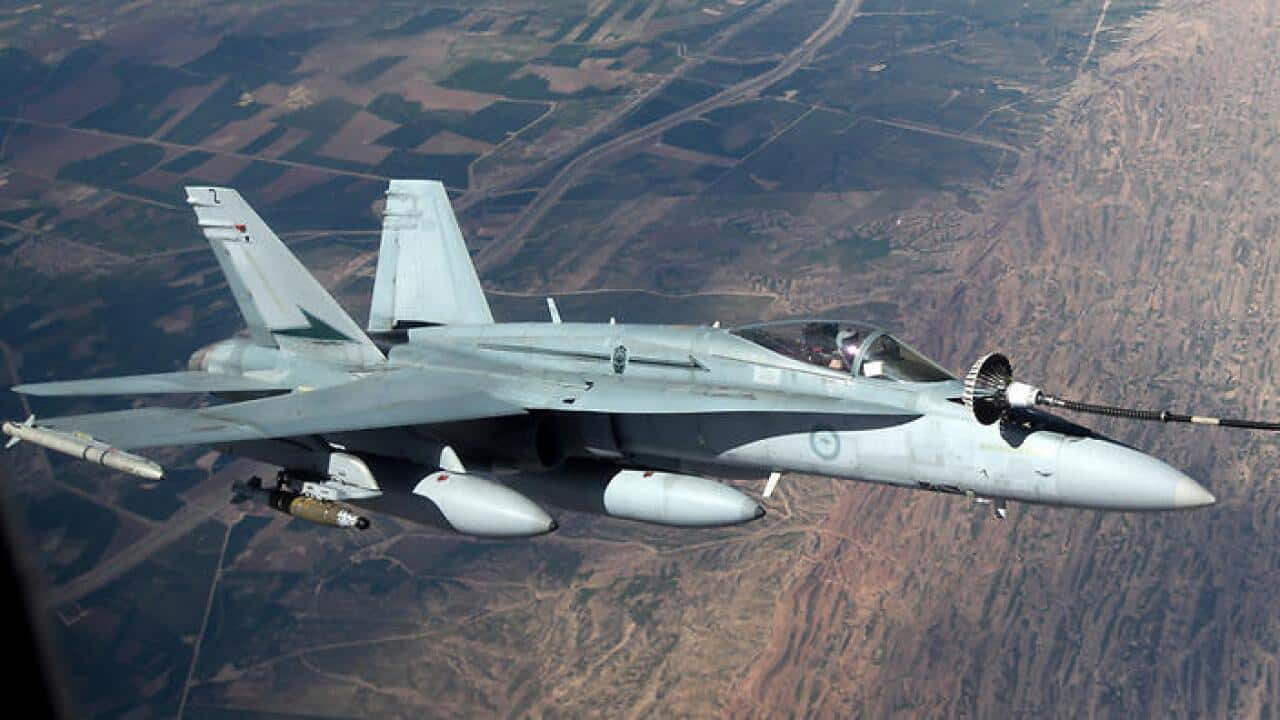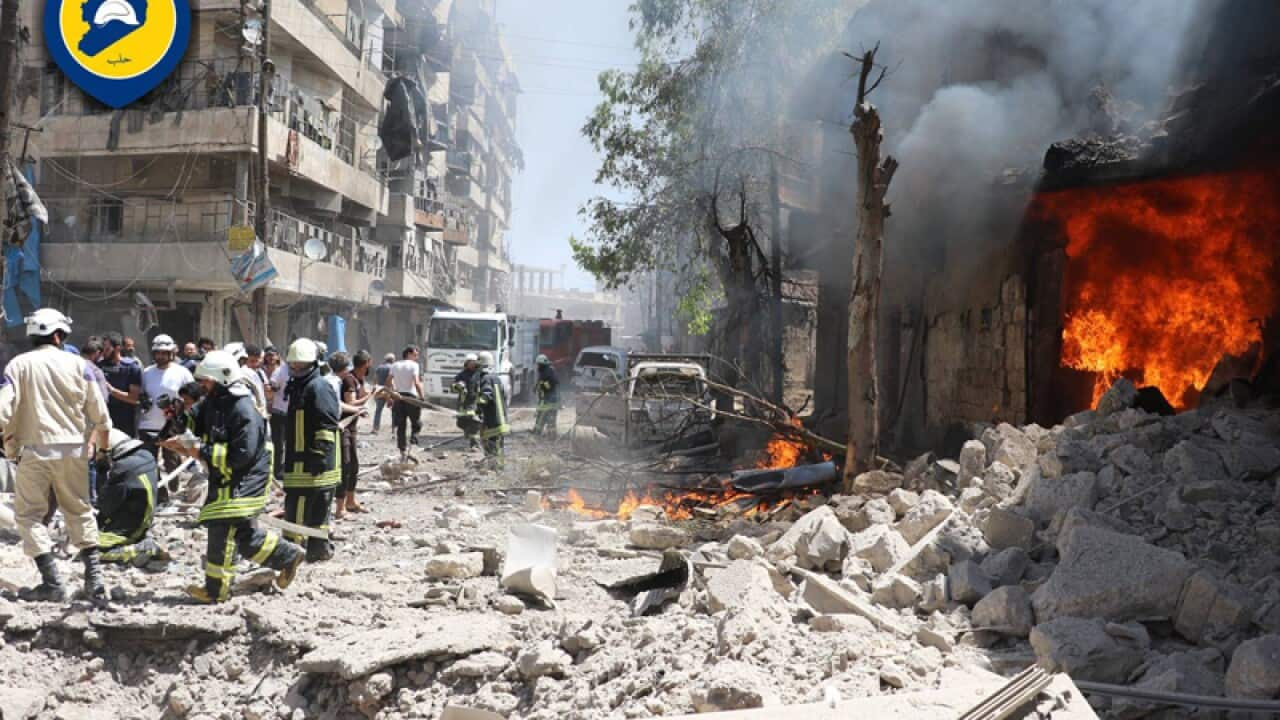Moscow says Kerry and Foreign Minister Sergei Lavrov will talk again in Geneva on Thursday -- US officials say only that they hope to meet "very soon."
But their last meeting was only on Monday and this trip will just be the latest in a series to Moscow, Vienna and Geneva since Russia's military intervened in Syria last year.
Washington hopes Russian President Vladimir Putin will back a deal to restore the ceasefire that the UN Security Council had already endorsed in February, only for it to fall apart.
But critics of US President Barack Obama's administration say Kerry has gone into the negotiation with little in the way of leverage, giving Moscow the upper hand.
"It's a very simple situation," James Jeffrey, a former senior diplomat and deputy national security advisor to president George W. Bush, told AFP.
"As Kerry has often said, he needs a Plan B. He was never given a Plan B by the president," said Jeffrey, now a fellow at the Washington Institute for Near East Policy.
US officials have never publicly confirmed what Kerry had in mind when he floated the idea of a Plan B for Syria in Congressional hearings earlier this year.
But dissident US diplomats signed a letter calling for deeper American military involvement in the conflict, to force Syria's Bashar al-Assad to the negotiating table.
Obama, elected on a vow to bring an end to the Bush-era war in Iraq, has been loath to be sucked even deeper into the conflict, leaving Kerry's diplomatic track the only option.
Kerry is trying to persuade Russia to force Assad to observe a ceasefire in return for closer US-Russian cooperation against the Islamic State group and the Al-Nusra front.
Then, with no barrel bombs falling on besieged civilian communities and the jihadist groups on the back foot, a UN-mediated political settlement might be possible.
But in theory much of this was already agreed by the 23-nation International Syria Support Group, chaired by Kerry and Lavrov, and adopted by the UN Security Council.
Any new deal, US officials admit, will be less than the failed nationwide cessation of hostilities and talks on a political transition that Moscow has already accepted.
But still, Kerry meets with Lavrov several times a month.
Hopes were raised when the pair saw each other at the G20 in Hangzhou, China on Sunday and then again on Monday.
Finish line?
"We weren't quite to the finish line on this, so we need to go back to capitals and do more work," State Department spokesman Mark Toner said Tuesday.
"And hopefully we'll reach an agreement, but no promises."
Washington's allies in the region, led by Saudi Arabia, have long been skeptical or even hostile to the outreach to Russia -- seeing it as handing a lifeline to Assad.
Now even Western officials are rolling their eyes at the diplomatic to-and-fro, complaining that Kerry seems to have put too much stock in his negotiating talent.
One Western diplomat said: "Something is not working, when you see all the hours of talks between Kerry and Lavrov and compare that to the results.
"You can't just go into talks declaring 'I want a deal at any price,' even if you think it," he complained.
Jeffrey noted that Obama and Kerry had been successful in negotiating a nuclear deal with Iran through a combination of diplomacy, sanctions and a credible threat of force.
"This is not happening in Syria, because the president does not give Kerry the tools to say 'OK, if you don't do X, we're going to do Y'," he argued.
Some observers are even more critical.
"Kerry's trips would be a bit ridiculous, if they weren't so dramatic for Syria," said Joseph Bahout, a scholar at the Carnegie Endowment for International Peace.
"You get the impression that America is running after Russia. What has the United States become?"
Various Plan Bs
The US administration's supporters insist talking is much less risky than any military escalation, but critics argue that the constant diplomatic shuttle is not cost-free.
By agreeing with Moscow to "de-conflict" Syrian air space, Washington has removed the fear that Russian jets may bump into US jets over the frontlines, Jeffrey said.
"And so this gives them the assurance to continue with their mayhem against the Syrian people," he said.
"And also," he warned, "as long as there is talking, it gives the administration an excuse not to consider the various Plan Bs."




